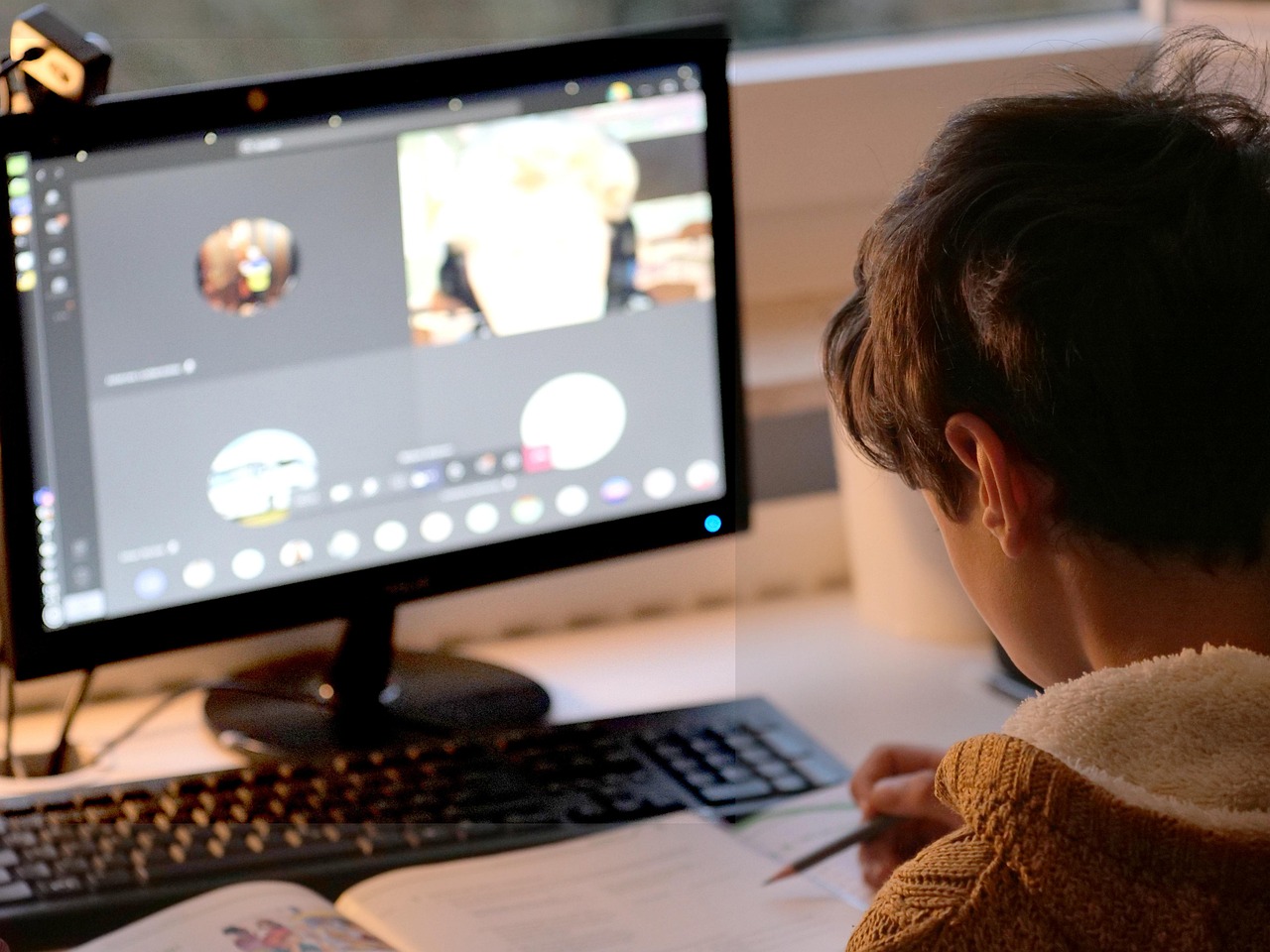Context
With initial funding from the UNICEF Innovation Fund, efforts commenced to develop and trial an accessible digital textbook in Kenya. This initiative was spurred by existing investments made by the Government of Kenya in acquiring digital devices, alongside a call for assistance in creating accessible digital content. Supported by a conducive policy environment, notably the new Ministry of Education Sector Policy for Learners and Trainees with Disabilities, UNICEF Kenya facilitated collaborative efforts across public and private sectors, engaging colleagues from different offices to enable vital partnerships, setting a precedent for similar ventures globally.
Solution
Expanding on these foundations, additional resources from the Finnish National Committee for UNICEF, in collaboration with Nokia, were secured. This shared-value partnership allowed for the more comprehensive implementation and testing of the digital textbook across a broader spectrum of schools. The primary aim was to enhance learning outcomes for all children, focusing on marginalized groups and leveraging innovative digital solutions.
Impact
As a result of these collaborative efforts and partnerships, the accessible digital textbook was trialed in diverse school settings in Kenya. The initiative aimed to capture the perspectives of various children, including those from marginalized communities, through human-interest stories. These narratives provided insights into the real-world impact of the digital textbook on learning experiences and outcomes, shedding light on the potential of digital solutions to address educational disparities.












